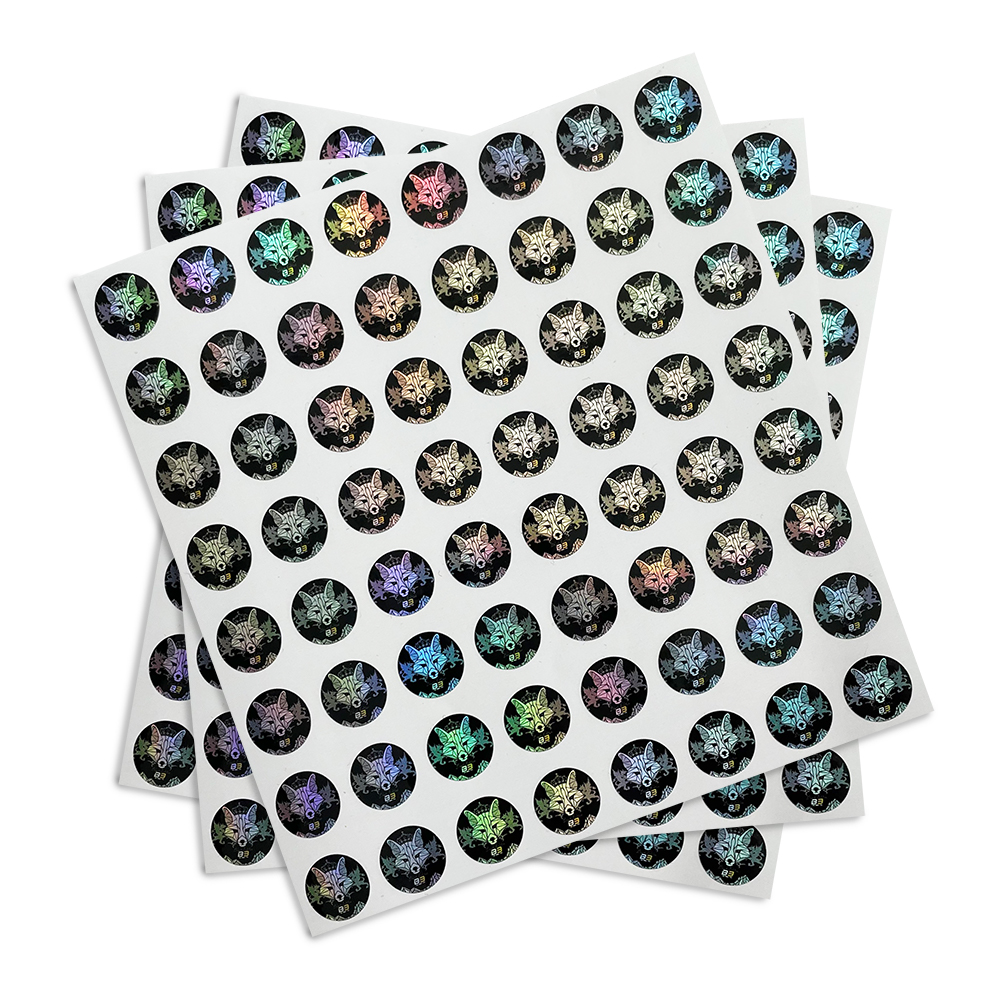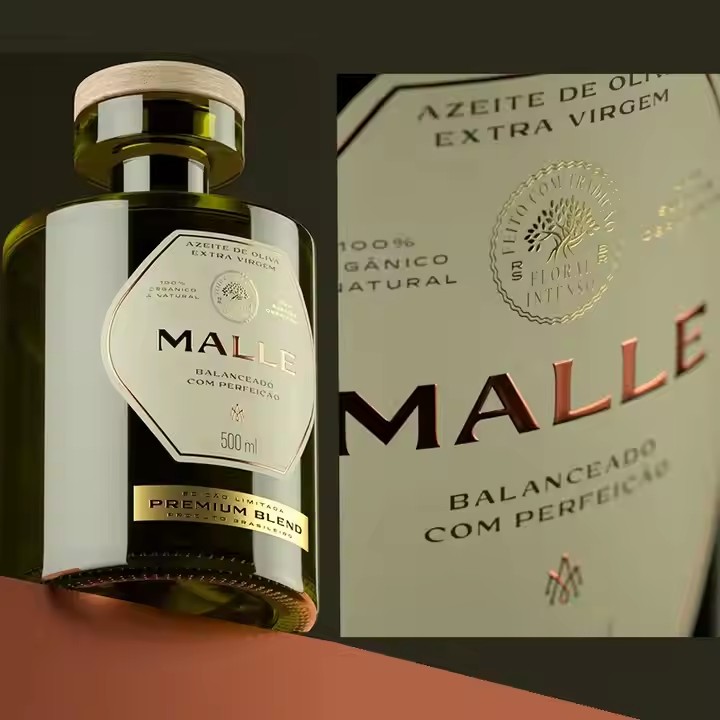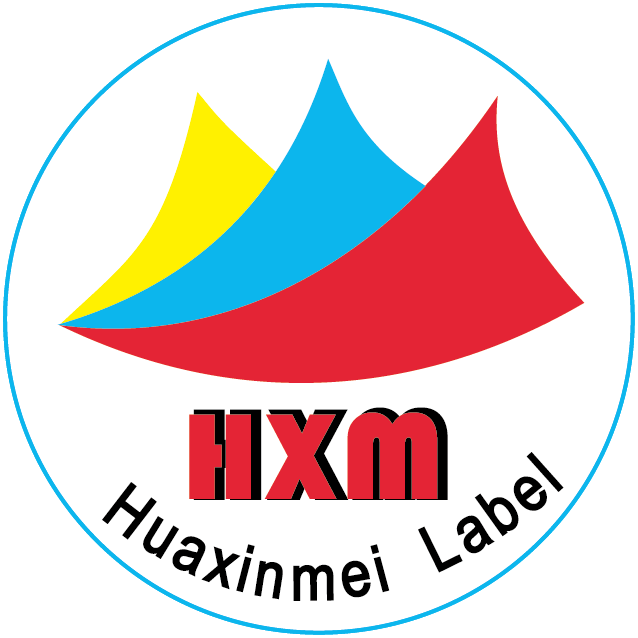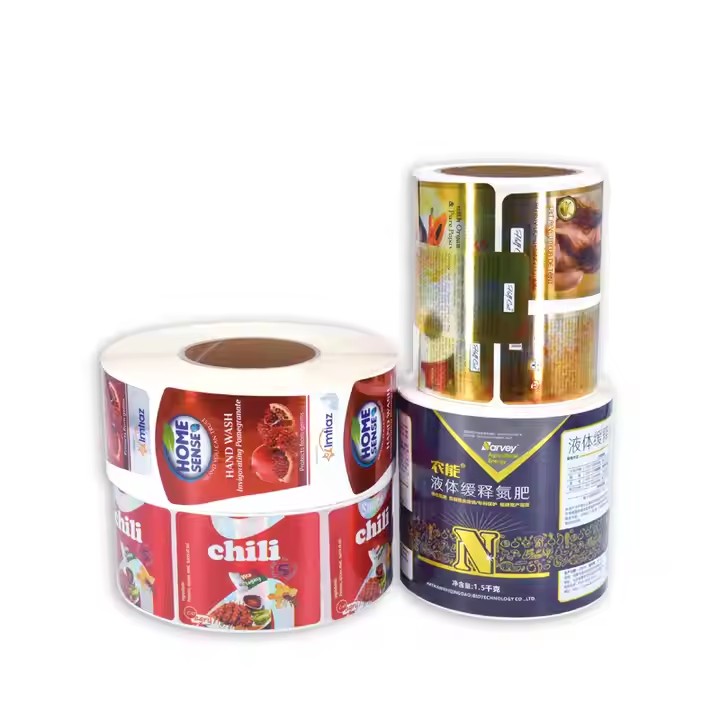The selection of materials for gift boxes is something worthy of consideration, because currently people tend to choose environmentally friendly materials. For example, paper materials can be used, as paper materials can blend into the soil and are very environmentally friendly. So, choosing paper materials is a very good option.
Paper Materials
Recycled paper: It is made from recycled waste paper, which can reduce the felling of virgin wood. The energy consumption and pollutant emissions during the production process are relatively low. It has good printing performance and can meet the needs of various exquisite printing and packaging designs, making it suitable for making various types of gift boxes. This recycled paper is relatively environmentally friendly, and the price is relatively low. One advantage of choosing this paper is its low price and environmental friendliness, and it can be selected for manufacturing medium and low-end gift boxes.
Bamboo pulp paper: Using bamboo as the raw material, bamboo grows quickly and is a renewable resource. Bamboo pulp paper has high strength and good toughness, with natural antibacterial and moth-proof properties. Its surface is smooth and the printing effect is good, often used for making high-end gift boxes. Bamboo pulp paper is a paper made from pure plants, which is very strong and durable, and is very suitable for making gift boxes.
Straw pulp paper: It is produced using crop straws such as wheat straw and rice straw as raw materials, with a wide source and is renewable. Straw pulp paper has a certain softness and unique texture, giving people a natural and rustic feeling, suitable for gift boxes with a rural style or a natural theme. Straw pulp paper is generally used to make kraft paper, which has a simple texture and is relatively rough. It is very suitable for packaging art exhibitions, some artworks, and calligraphy and paintings.

Wooden Materials
FSC-certified wood: It comes from forests certified by the Forest Stewardship Council (FSC), ensuring the legal and sustainable source of the wood. Gift boxes made of this wood are sturdy and durable, with a natural texture and feel, giving a high-end and environmentally friendly impression, and are often used for packaging high-end gifts such as wine and jewelry. Since this wood is certified, it is a very suitable material for manufacturing high-end gift boxes.
Bamboo: In addition to being used for papermaking, bamboo can also be directly processed into gift boxes. It has the characteristics of high strength, light weight, and beautiful texture, and grows rapidly. It is a very promising environmentally friendly material, suitable for making gift boxes of various styles, especially for gifts with oriental cultural characteristics. Bamboo is a material very suitable for papermaking, with the characteristics of environmental protection and beauty, so it is very suitable for merchants who make high-end gift boxes.
Degradable Plastics
Polylactic acid (PLA): It is made by fermenting and polymerizing renewable plant resources such as corn and sugarcane. It can degrade into carbon dioxide and water in the natural environment within a certain period, which is friendly to the environment. It has good transparency and processing performance and can be made into gift boxes of various shapes, often used for packaging foods, cosmetics, etc.
Starch-based plastics: Made with starch as the main raw material and adding an appropriate amount of degradable additives. It has a certain degree of biodegradability and can decompose relatively quickly in the soil. This material has a relatively low cost and good flexibility, suitable for making some gift boxes with low strength requirements.
Natural Fiber Materials
Linen fiber: It has the characteristics of high strength, good hygroscopicity, and strong air permeability. Fabrics made of linen fiber can be used for packaging gifts, or combined with other materials to make the decorative parts of gift boxes, giving people a natural and simple feeling, often used for packaging gifts with ethnic characteristics or cultural connotations.
Cotton fiber: Soft, comfortable, natural and environmentally friendly, it can be made into fabrics of various colors and textures for gift packaging. Cotton fiber fabrics can be reused and can decompose in the natural environment after being discarded, suitable for packaging some delicate and high-end gifts such as perfume and skin care products.
Glass Materials
Glass is a recyclable material, and its production raw materials are mainly natural minerals such as quartz sand, soda ash, and limestone, with a wide source. Glass gift boxes have good transparency and gloss, can clearly display the appearance of the gifts, giving a high-end and exquisite feeling, and are often used for packaging cosmetics, perfume, high-end foods, etc. Moreover, glass is not easy to chemically react with the contents, effectively protecting the quality of the gifts.

Metal Materials
Metal materials such as aluminum and steel can be recycled, which is a relatively environmentally friendly choice. Metal gift boxes have the advantages of being sturdy and durable, moisture-proof, and corrosion-resistant. The surface can be processed in various ways, such as electroplating and spraying, to obtain different appearance effects, and are often used for packaging electronic products, high-end tobacco and alcohol, etc. Moreover, metal materials have a high recycling value and can be recycled and reprocessed and put back into production after being discarded. Metal materials can be recycled multiple times because iron itself is very strong and there is no problem with multiple cycles of use. And metal products made into gift boxes can also be recycled for a long time.


